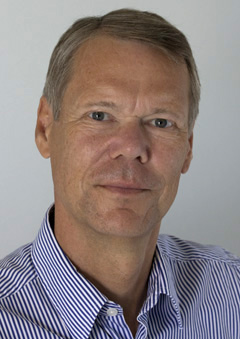On September 1, I held a presentation about gambling and problem gambling to Finnish journalists interested in addiction issues. The journalists had gathered here in Gothenburg for the 27th Northern Media Seminar on Addictions, organized by the A-Clinic foundation in Helsinki. In all, eleven academics and practitioners lectured at the international part of the seminar about various aspects of addiction, such as alcohol abuse and mutual support groups. The title of my presentation was The history of problem gambling in Sweden. Here’s the abstract:
I begin by outlining a timeline of gambling and attitudes to gambling in Sweden. Although problem gambling has existed for as long as gambling itself, the concept of addiction to gambling, in the medical sense, has become dominant in the recent decades. Gambling providers’ responses to concerns about gambling being a public health problem have changed from initial denial, to lip service, followed by half-hearted commitment to responsible gambling and finally to current good commitment. This development has in part been driven by gambling policy issues in the EU context, making responsible gambling a valuable commercial and political asset. I present some facts about problem gambling in Sweden, and about prevention and treatment.

